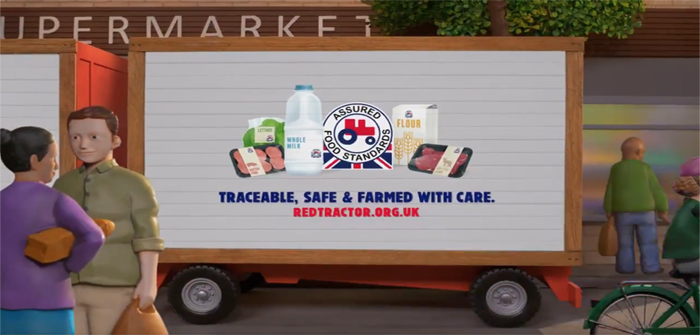NPA producer representatives have called for Red Tractor to introduce more tolerance into its risk-based inspection regime.
The first unannounced checks under the assurance scheme’s new regime took place in February. It was clear from the latest NPA Producer Group meeting that, while there was support for the principle of risk-based inspections, there was real concern over elements of it, with suggestions the assurance scheme had failed to understand the practical realities of pig farming.
Some producers that had been inspected were surprised to find themselves placed in the ‘high risk’ category, particularly as, in at least one case, the inspector had suggested the unit had come out well, following the inspection.
Producers repeatedly questioned why Red Tractor was not publishing details of how the different standards are weighted in the internal risk rating system. This lack of transparency makes it harder for scheme members to understand, and comply with, the new system, potentially undermining trust in Red Tractor, they said. Another big concern was the lack of tolerance built into a system that ultimately sets the aspiration of ‘every member meeting every standard every day’.
Producers stressed that it is unrealistic to expect 100% compliance at all times. For example, it is difficult to mitigate against a broken slat on the morning of an inspection, one pointed out. It was also claimed this lack of tolerance for ‘unavoidable’ non-compliances resulted in a bias against large farms.
“We support moves to improve compliance with Red Tractor standards to improve consumer trust in the logo and we are not against the principle of risk-based inspections and unannounced checks,” NPA chairman Richard Lister said.
“But from what we have seen so far, there is a danger that farms that have done very little wrong could find themselves in the high risk category with little understanding of the reasons why. We want to see more understanding of the practicalities of complying with the standards, more transparency in the weighting system and more tolerance built in so farms are not unfairly penalised.
“Farms cannot possibly be compliant with all the standards every day and the system needs to reflect this. If Red Tractor is seen to be demanding the impossible, it will be difficult to retain mutual trust in the system.”
Red Tractor addresses some of the questions raised by producers in this issue (you can read the Q&A here). It explains why it is not publishing the risk rating methodology and says it will consider whether tolerance ‘should and could be built into other standards’ where it is not already in place.
Explaining the principle behind the regime, Red Tractor CEO Jim Moseley said: “We are proud to tell the British public they can shop with confidence when buying food produced to Red Tractor’s world- leading standards.
“Our focus is on every member meeting every standard every day and this risk- based approach is vital to the integrity of Red Tractor and British farming as a whole.”




